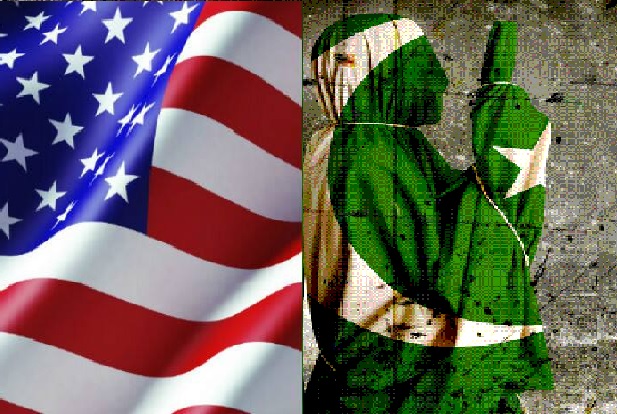
On the first day of the 117th Congress, Republican Congressman Andy Biggs introduced a bill in the US House of Representatives to terminate the designation of Pakistan as a Major non-NATO Ally. A statement on Mr. Biggs’ website said the goal of the legislation would be the removal of “Pakistan‘s designation as a major non-NATO ally, a status that allows for various benefits such as access to excess U.S. defense supplies and participation in cooperative defense research and development projects.”
The bill if passed by the house, will strip away Pakistan’s designation as a major non-NATO ally, a designation that gives the countries to entry into cooperative research and development projects with the Department of Defense (DoD) on a shared-cost basis, participation in certain counter-terrorism initiatives, purchase of depleted uranium anti-tank rounds, priority delivery of military surplus (ranging from rations to ships).
The bill (PDF document) also notes that the US President cannot issue a separate designation of Pakistan as a Major NATO ally, unless a presidential certification that Pakistan continues to conduct military operations that are contributing to significantly disrupting the safe haven and freedom of movement of the Haqqani Network in Pakistan.
The bill also seeks a presidential certification that Pakistan has taken steps to demonstrate its commitment to prevent the Haqqani Network from using any Pakistani territory as a safe haven and that the Pakistan government actively coordinates with Afghanistan to restrict the movement of militants along the Afghanistan-Pakistan border.
The bill will have to appear before the House Foreign Affairs Committee for it to be considered by the House. But since Mr. Biggs is not a member of the committee, there is little chance that it will make further headway.
Pakistan was named a Major non-NATO ally during the Bush Administration in 2004. Currently, there are 17 Major non-NATO allies. Brazil was the last country to be given this designation by President Donald Trump in 2019. The bill has been introduced at a time when there is uncertainty over the incoming Biden administration’s attitude toward Pakistan after four years of tumultuous U.S.-Pakistan relations in the Trump era.

In 2018, President Trump cut nearly a billion in American aid to Pakistan, accusing Islamabad of undermining U.S. counterterrorism efforts in the region by allowing safe-haven to extremists, particularly the Haqqani Network. The U.S. has maintained that such groups have undermined American efforts to stabilize Afghanistan. News reports suggest that the outgoing Trump Administration had considered terminating the designation of Pakistan as a Major non-NATO ally.
Though Pakistan has vehemently denied the allegations, claiming to have engaged a major internal campaign against jihadists in recent years, several terror groups like the Haqqani Network, splinter groups of Taliban, Lashkar-e-Taiba, Hizbul Mujahideen have been operating from its soil destabilizing the region. India has been a prime focus of Pakistan based terror groups like the LeT, Hizbul Mujahideen, etc while the Haqqani network operates in Afghanistan against govt and US troops.
